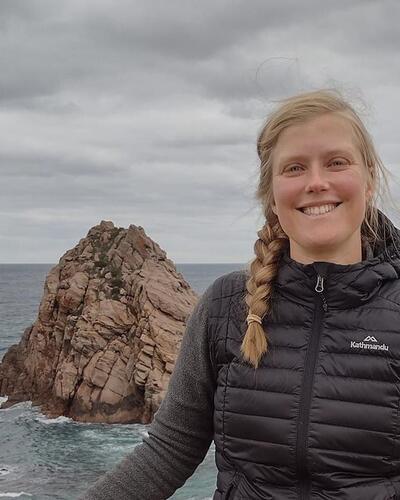Hydrothermal experiments
Simulating sub-seafloor reactions in the lab
Main content
The geochemistry of hydrothermal fluids and deposits is largely controlled by processes happening below the seafloor, such as rock leaching, boiling and redox reactions at high-temperatures. Studying these processes thus requires simulation of hydrothermal conditions in the laboratory to be able to understand what is happening at depth.
Our group uses heated and pressurized reactors to study both inorganic and organic reactions in hydrothermal systems. We investigate the behavior of metal stable isotopes (Fe, Cu, Zn) in hydrothermal reactions to enhance our understanding of ore-forming processes, and we study the hydrothermal generation of small organic compounds that can provide fuel for the deep biosphere. This work makes ample use of analytical facilities in the ICP lab, Clean lab and Biogeochemistry lab that are part of the Bergen Geoanalytical Facility.
This research is done under Work Package 4 of the K.G. Jebsen Centre for Deep Sea Research “Hydrothermal reactions”.

